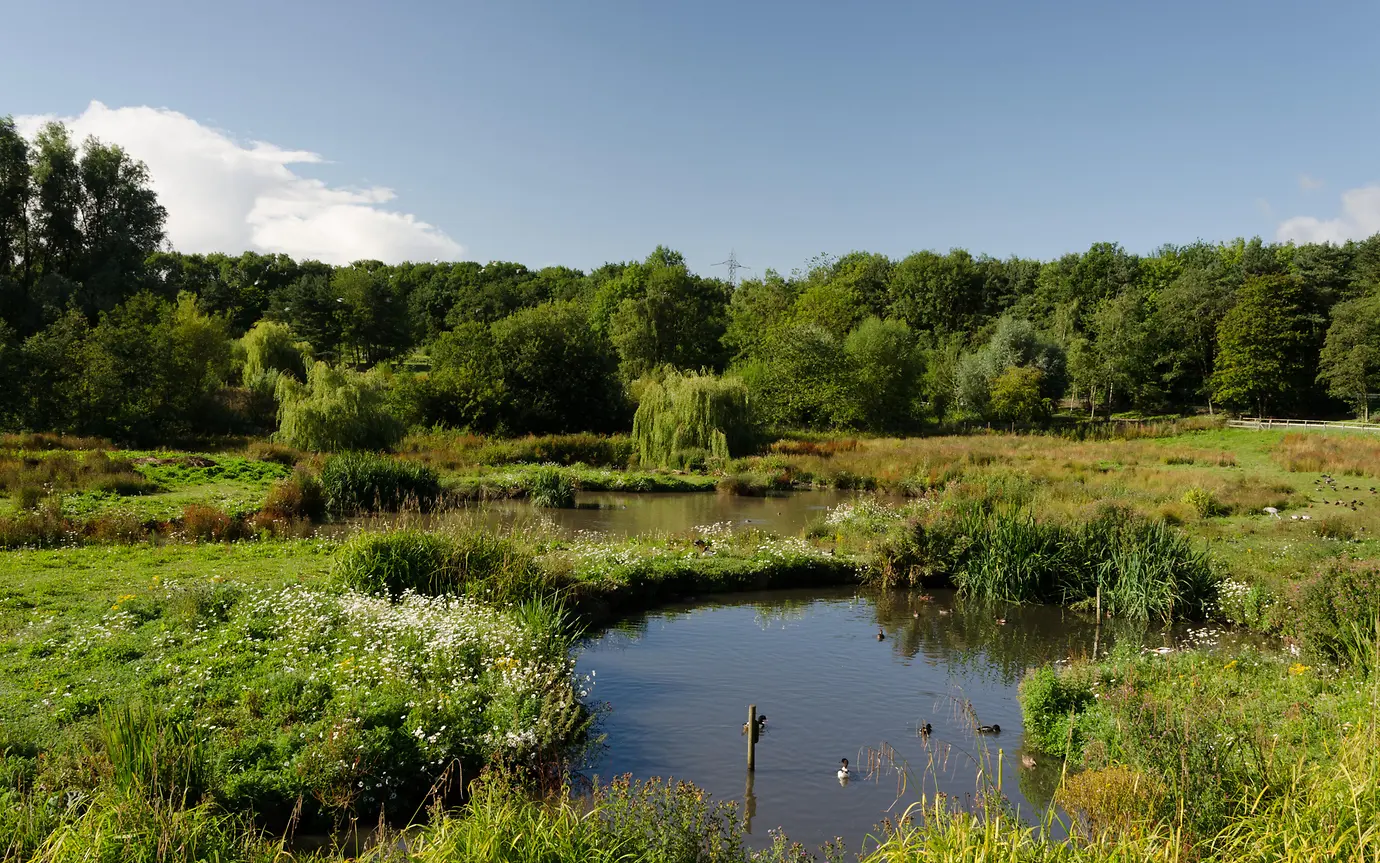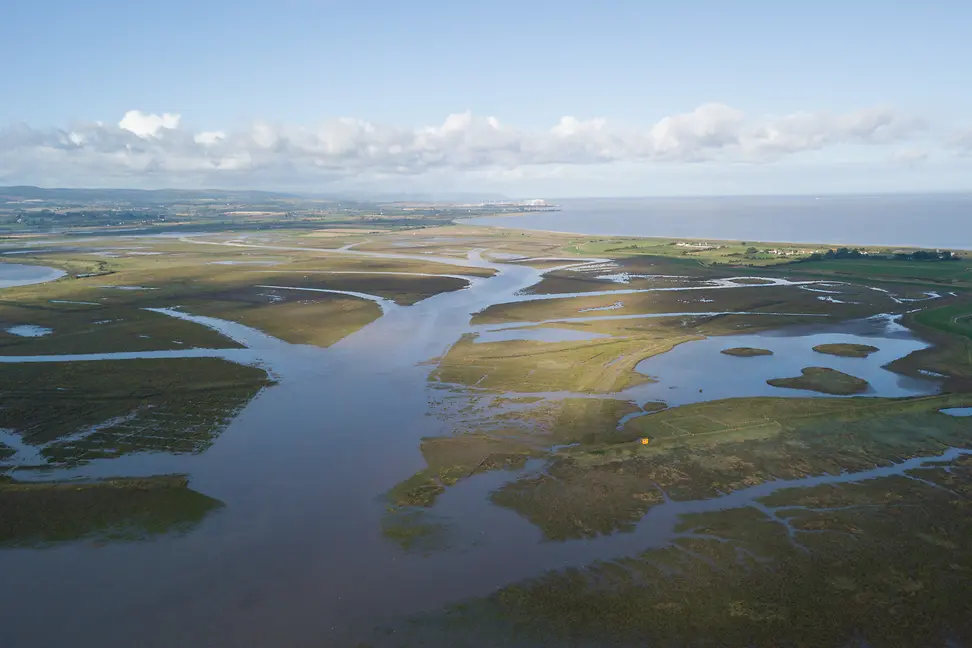Wetlands play a vital role in our ecosystems by providing natural habitats for birds and fish species, as well as filtering our waters and storing carbon dioxide from our atmospheres. Dr. James Robinson, Director of Conservation at the Wildfowl & Wetlands Trust, discusses these landscapes and why they are so important.

Wetlands are unique ecosystems that are either permanently or seasonally inundated with water. Basically, they are where land meets water and they include lakes, rivers, swamps and marshes, wet grasslands, estuaries, saltmarshes and human-made sites such as ponds and reservoirs. Wetlands hold much of our natural capital – the world’s stocks of natural assets that underpin our economy, including geology, soil, air, water and all living things. They also provide some of the essential ecosystem services that make life on Earth possible, providing nature-based solutions to many of our most pressing environmental and social problems. Globally, we believe wetlands are vital to help fight the climate and biodiversity crises whilst improving the livelihoods and wellbeing of people. As well as critical sources of food, fibre and water, they are fantastic carbon sinks, act as sponges to help prevent flooding, filter water to increase biodiversity and create beautiful calming spaces to boost our health and wellbeing.
Wetlands are Earth’s most threatened ecosystem. Globally, wetlands are disappearing three times faster than forests. Nearly 35% of the world’s wetlands have been destroyed since 1970, and England has lost 90% of its wetlands in the last 400 years. The main threats include unsustainable development, agricultural development, pollution, invasive species and climate change.

Saltmarshes are coastal wetlands that are periodically flooded and drained by the tides from the sea. They’re populated by plants and animals uniquely adapted to living there. They act as giant carbon sinks and can be very efficient at locking away carbon, while also bringing a range of additional benefits for people and wildlife. They bury more carbon per hectare and more quickly than other habitats, including forests. Estimates suggest saltmarsh captures carbon 40 times faster than temperate forests. Therefore, creating and restoring more coastal saltmarshes offers a quicker, more effective way to fight climate change than planting forests and is an excellent nature-based solution for climate change mitigation.
Saltmarshes are one of the most effective carbon sinks on our planet. They bury more carbon per hectare and more quickly than other habitats, including forests. Coastal wetlands (including mangrove forests, seagrass beds and saltmarshes) make up less than 2% of ocean area but are estimated to be responsible for almost 50% of carbon burial in marine sediments. The Wildfowl & Wetlands Trust proposes the creation and restoration of a minimum of 22,000 hectares of nature-rich saltmarsh by 2050 and the protection of our existing saltmarsh resource, to maximise the opportunity for blue carbon and co-benefits.

The Wildfowl & Wetlands Trust (WWT) is a leading international conservation charity dedicated to creating a world where healthy wetland nature thrives and enriches lives. We use ground-breaking science to bring wetlands and their biodiversity back from the brink, and restore, protect and create wetlands around the world, for wildlife and communities. Today, we are focusing on the creation of larger, better and more connected nature-rich wetlands to help combat the nature, climate, and mental health crises in the UK, through their ability to not only boost biodiversity but to store carbon, prevent flooding, clean water and improve people’s wellbeing.
Learn more about salt marshes and the Wildfowl & Wetlands Trust here.
This communication is provided for information purposes only. The information presented herein provides a general update on market conditions and is not intended and should not be construed as an offer, invitation, solicitation or recommendation to buy or sell any specific investment or participate in any investment (or other) strategy. The subject of the communication is not a regulated investment. Past performance is not an indication of future performance and the value of investments and the income derived from them may fluctuate and you may not receive back the amount you originally invest. Although this document has been prepared on the basis of information we believe to be reliable, LGT Wealth Management UK LLP gives no representation or warranty in relation to the accuracy or completeness of the information presented herein. The information presented herein does not provide sufficient information on which to make an informed investment decision. No liability is accepted whatsoever by LGT Wealth Management UK LLP, employees and associated companies for any direct or consequential loss arising from this document.
LGT Wealth Management UK LLP is authorised and regulated by the Financial Conduct Authority in the United Kingdom.